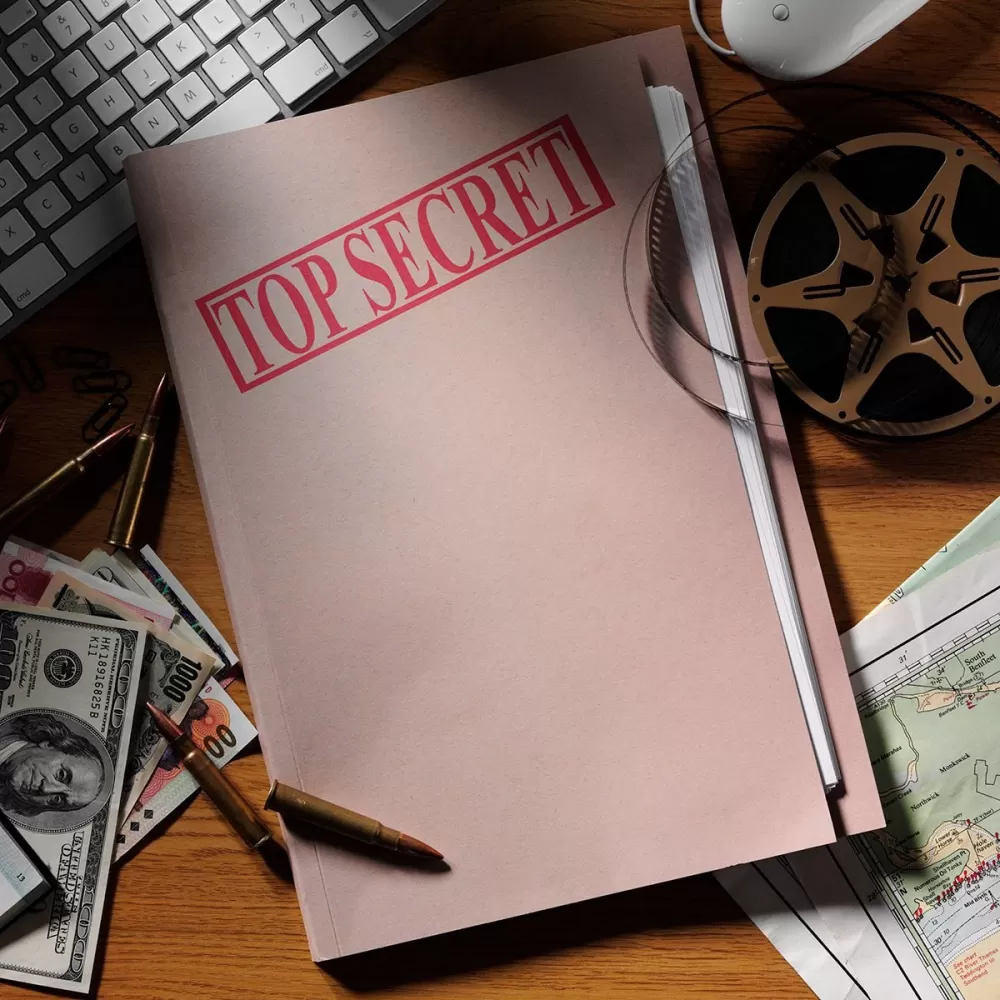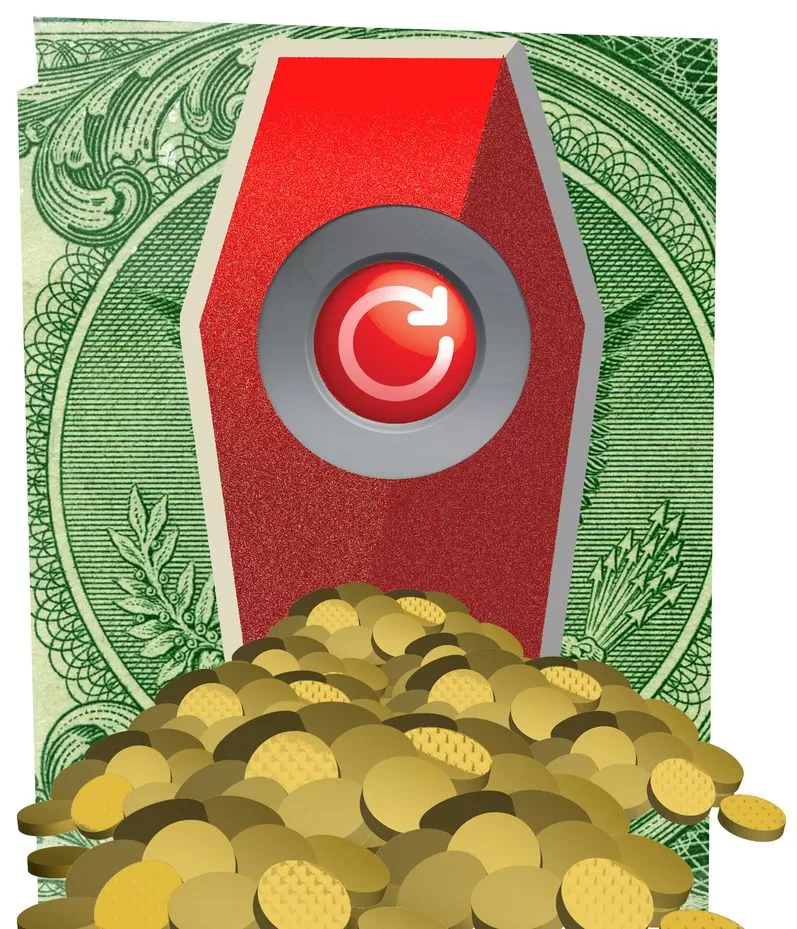The Real-Life Secrets That Shaped Stranger Things' Eerie World
Share- Nishadil
- November 26, 2025
- 0 Comments
- 3 minutes read
- 52 Views

Beyond Hawkins: The Cold War's Darkest Experiments That Inspired Stranger Things
Delve into the chilling real-world government projects of the Cold War era—from mind control to psychic espionage—that provided the unsettling foundation for the hit series Stranger Things. Discover the history behind the fiction.
Okay, so Stranger Things, right? That show is just brilliant, pulls you right in with its perfect blend of nostalgia, horror, and heartfelt friendships. But what's really spooky, truly unsettling, is realizing that a lot of its core ideas, those secret government labs and kids with powers, actually draw from some genuinely wild, dark chapters in real history. We're talking about the Cold War here, a time when governments, particularly the U.S. and the Soviets, were just absolutely convinced that the other side was cooking up something mind-blowing, something to gain an insurmountable edge. And that paranoia led them down some incredibly strange, ethically dubious paths.
Think about it: the 1950s, 60s, even into the 70s. The world was on a knife-edge. Nuclear war felt like a constant, looming threat. In that atmosphere, literally no idea seemed too outlandish if it promised a strategic advantage. This is where projects like the infamous MKUltra come into play. The CIA, in particular, was obsessed with mind control, with finding ways to manipulate human behavior, extract information, or even create a 'Manchurian Candidate' type of agent. They experimented with all sorts of bizarre things – sensory deprivation, hypnotism, truth serums (often LSD, shockingly). Imagine being a test subject, often unknowingly, in one of those experiments. It's the stuff of nightmares, and it feels eerily similar to Eleven's early days in Hawkins Lab, doesn't it? The isolation, the attempts to push the limits of the human mind, the trauma... it's all there.
And then there's the whole psychic warfare angle. Now, this might sound like pure science fiction, but governments seriously investigated ESP, telepathy, and remote viewing. The idea was, what if we could spy on the enemy from a distance, without needing agents on the ground? What if we could influence their thoughts? The U.S. had programs like Stargate, where individuals were tasked with trying to 'see' distant locations or events with their minds. While the scientific community largely debunked these claims, the sheer fact that vast resources were poured into such research tells you just how desperate and imaginative these Cold War strategists were. It's not a huge leap to connect that ambition with Eleven's telekinetic and telepathic abilities, her power to 'see' into other places.
And what about the Upside Down, that terrifying parallel dimension? While no government project ever officially opened a portal to a monster-filled realm (thank goodness!), the underlying curiosity about other dimensions, about manipulating reality, certainly existed. There are the legendary, though mostly debunked, tales like the Montauk Project or the Philadelphia Experiment, which swirl with rumors of time travel, interdimensional shifts, and bizarre technological experiments gone wrong. These are exactly the kind of urban legends and conspiracy theories that inspire a show like Stranger Things to create a deeply unsettling, fantastical world rooted in our collective anxieties about unchecked scientific power and government secrecy.
So, when you're watching Hopper and Joyce fight demogorgons, or Eleven straining to close a gate, remember that while the monsters are fictional, the spirit of those shadowy government projects, the relentless pursuit of unconventional power at any cost, and the profound human impact of such experiments... well, that's chillingly real. Stranger Things isn't just great sci-fi; it's a wonderfully crafted narrative that taps into a very real, very strange part of our history, making us wonder just how much we don't know. It truly makes you think, doesn't it?
Disclaimer: This article was generated in part using artificial intelligence and may contain errors or omissions. The content is provided for informational purposes only and does not constitute professional advice. We makes no representations or warranties regarding its accuracy, completeness, or reliability. Readers are advised to verify the information independently before relying on







